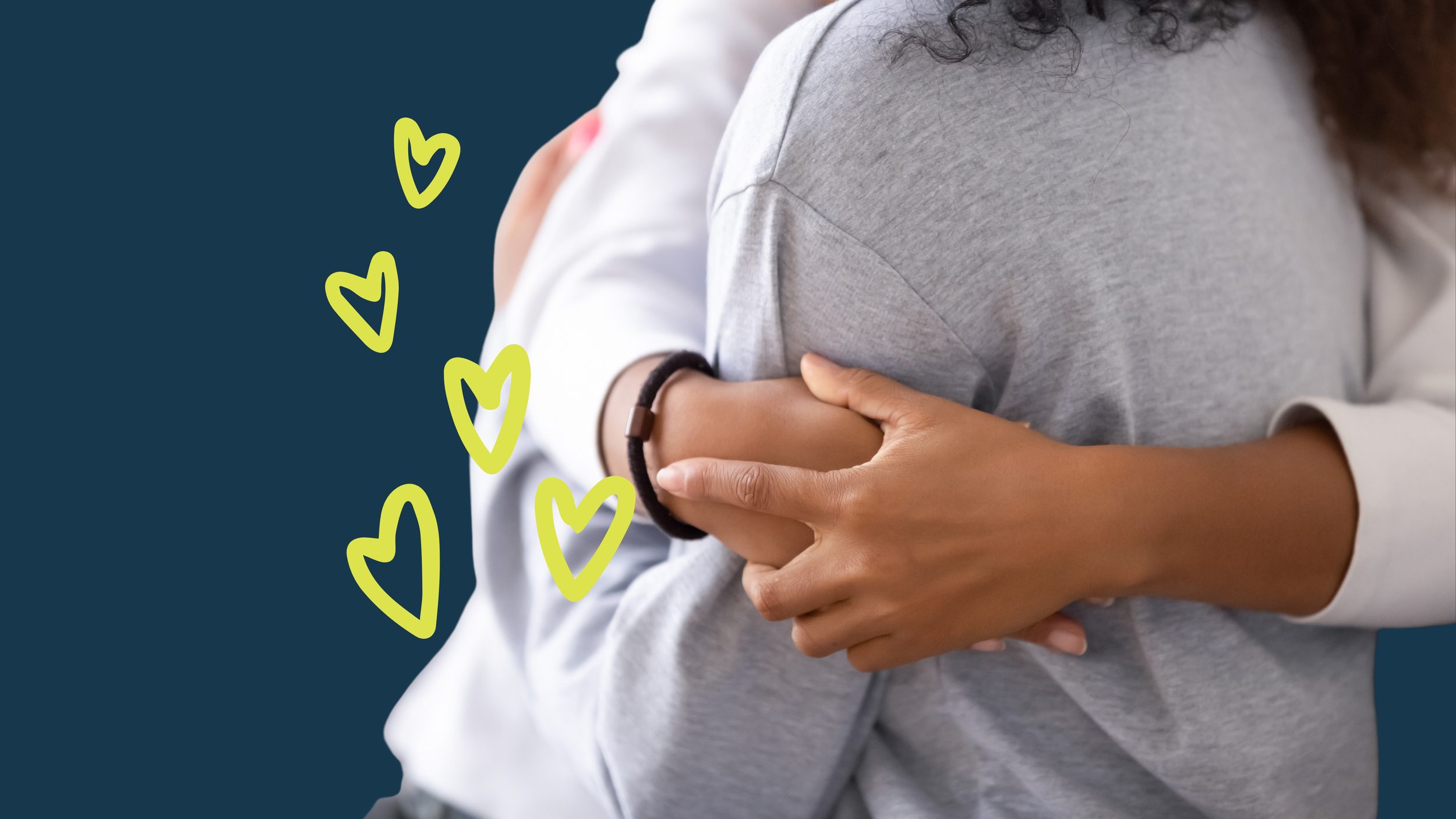What to Do If Your Child Experiences Online Sex Abuse
If you’ve just learned your child, tween, or teen has experienced online sex abuse, you may be unsure what to do next. The road ahead of your family may feel overwhelming, and you could be worried about doing or saying the wrong thing.
To help, we’ve put together this step-by-step resource to guide you through every part of the process. But, before we dive in, we just want to say we’re so sorry your kid has experienced this. Online sex abuse is scary, and the recovery journey can be difficult.
Rest assured, however, that SOSA is here to support you as your family navigates what’s next.
Steps to Take
1. Be clear about who is at fault.
It can be so easy for a victim — or for you, as their parent or caregiver — to blame themselves after experiencing online sexual abuse. But, before anything else, remember that only the perpetrator is to blame in this situation.
Be clear about this with your child, too. Tell them how much you love them, and assert directly that what happened is not their fault and you are not angry with them.
2. Record evidence.
If an adult has sent your child explicit messages or images online, screenshot those to share with law enforcement. Gather all of the information you can to give them the best of identifying the perpetrator and holding them accountable.
**Note: If the interactions include nude images or videos of any children, do not share those with anyone or save them to your devices. Wait for explicit instructions from law enforcement.**
3. Wait to block the offender.
Your first instinct may be to block the person who has been interacting with your child, but that could result in losing access to their information, so wait to take this step when law enforcement advises you to do so.
4. Get in touch with your local law enforcement.
Reach out to law enforcement in your area, and share your concerns with them. They may have a dedicated ICAC (internet crimes against children) team, or may just address these cases when the need arises.
5. Get your child the support they need.
Online abuse IS abuse, and your kid likely needs professional support as they cope with what they’ve experienced. Look for a mental health professional who has a background in supporting kids after sexual abuse. Your child’s pediatrician may be able to help you find a good fit.
6. Accept that things may be different.
Your kid has gone through something difficult, so be patient with them if they cope in ways you don’t expect. They may be moody, angry, or scared as they deal with what happened. They may also withdraw from people and activities they once loved. And they may act exactly like their usual self.
All of these reactions are normal, so be sure to embrace and reassure them through every stage of healing.
Resources
Here are some additional resources that may help your child, tween, or teen as they navigate recovery.

